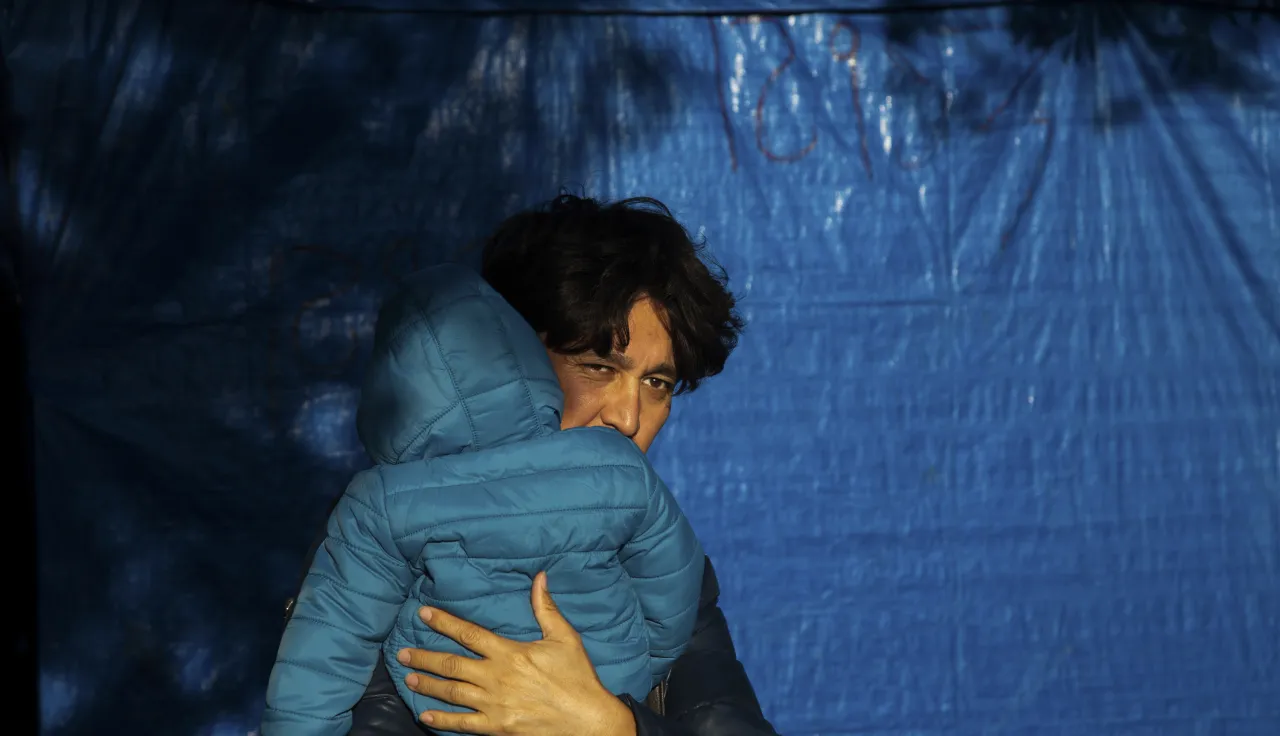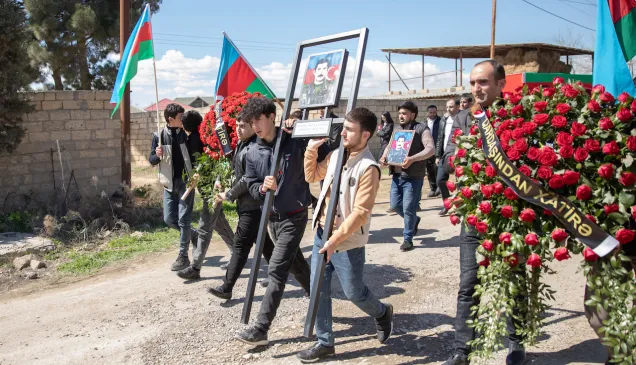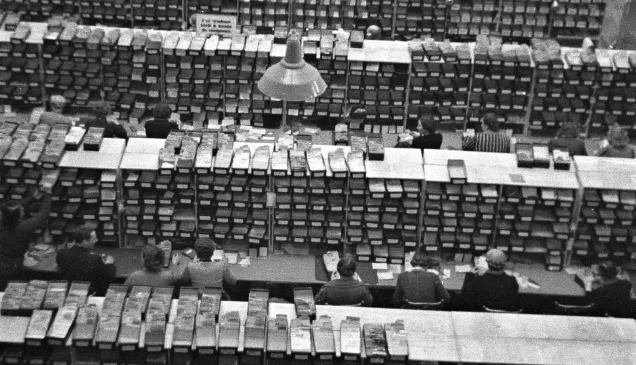The International Committee of the Red Cross in Greece, 2016-2023: Brief review of activities

In 2015, following armed conflicts in Syria and beyond, Greece found itself at the frontline of an influx of refugees unprecedented in its recent history, in a conjunction of challenging social and financial circumstances.
More than one million people fleeing armed conflict, violence and persecution in their home countries crossed Greece’s borders in an effort to find safety and a dignified life for themselves and their families in Europe.
The main sea and land migratory routes from Turkey to Greece proved to be highly dangerous. Many people lost contact with their families or became separated from them during their migration journey to Europe. Others were faced with challenging conditions and hardship in reception or detention centers. And thousands more have died or went missing in the Aegean Sea or while crossing the Evros river, leaving an open wound for their families who are still waiting for answers.
In March 2016, the ICRC opened an office in Greece in order to respond to the rising needs of migrants and to contribute with its expertise and humanitarian services to their protection and assistance. Over the past eight years, the delegation has been able to:
- Support Red Cross and Red Crescent National Societies to address the needs of vulnerable migrants, providing them with technical support, with a specific focus in the field of Restoring Family Links (RFL).
- Support families in the tracing of their missing and separated relatives, as well as family reunifications, in close collaboration with the Hellenic Red Cross.
- Working with the Greek Authorities, improve practices related to the management of the dead, to enhance identification of dead migrants and provide families with information on the fate of their loved ones.
- In immigration detention, conduct regular visits in detention facilities to monitor living conditions, providing recommendations to the Hellenic Police the proper and humane treatment of detained migrants.
- In the field of health care, the ICRC supported the Police and the health care provider in immigration detention centers in developing capacity and health-related procedures and protocols and brought the issue of health care in detention to the center of a professional public health discussion.
- Carry out IHL dissemination sessions for the Hellenic Armed Forces.


